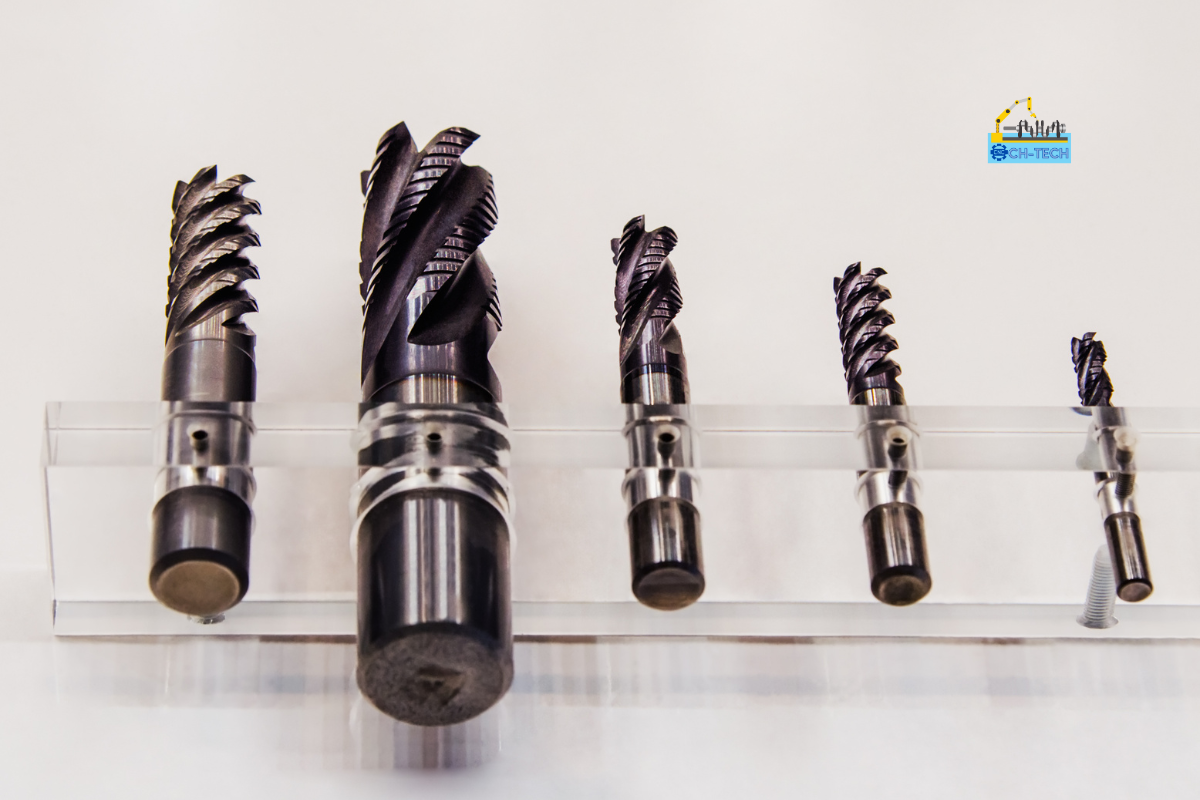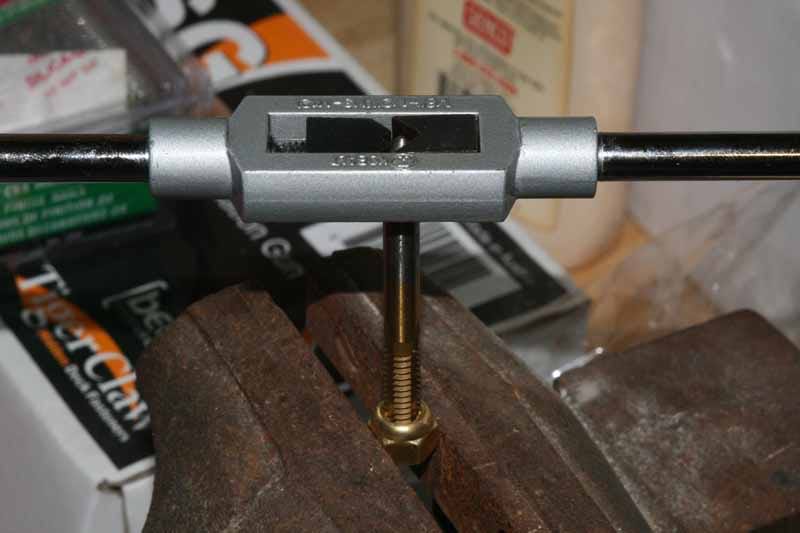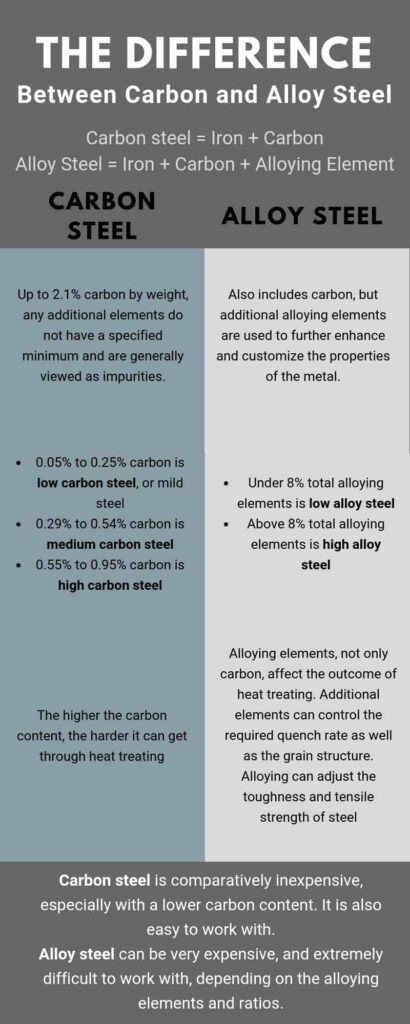Table of Contents
Welcome to the world of mill bits, where we will take a deep dive into exploring the different types and applications of these versatile tools. Whether you’re a seasoned professional or just starting out, understanding the various types of mill bits and their uses is essential for achieving precision and efficiency in your machining projects. So, grab your safety goggles and let’s embark on this exciting journey together!
When it comes to mill bits, one size definitely does not fit all. These tiny yet mighty tools come in a wide range of shapes, sizes, and materials, each designed for specific applications. From end mills to ball nose cutters, roughing mills to slot drills, there’s a mill bit for every cutting need. Whether you’re looking to create intricate designs, remove material quickly, or create smooth finishes, there’s a mill bit that’s perfect for the job.
So, join us as we explore the fascinating world of mill bits, uncovering the different types and applications that make them indispensable in the world of machining. Whether you’re a hobbyist, a professional machinist, or simply curious about the inner workings of these tools, this article will provide you with valuable insights and knowledge to enhance your machining skills. Let’s dive in and discover the wonders of mill bits together!
Mill bits are essential tools used in milling machines for cutting and shaping various materials. There are different types of mill bits available, each designed for specific applications. Some common types include end mills, ball nose mills, and roughing end mills. End mills are versatile and used for general milling tasks, while ball nose mills are ideal for creating curved surfaces. Roughing end mills are used for removing large amounts of material quickly. Understanding the different types and their applications can help you choose the right mill bit for your specific project.
Mill Bits: Exploring Different Types and Applications
Mill bits are essential tools used in various industries for cutting and shaping materials. They come in different types and have a wide range of applications. In this article, we will explore the different types of mill bits available in the market and their specific applications. Whether you are a professional in the manufacturing industry or a DIY enthusiast, understanding mill bits and their uses can help you achieve precise and efficient results in your projects.
The Importance of Choosing the Right Mill Bit
Choosing the right mill bit is crucial for achieving the desired results in any cutting or shaping task. The type of mill bit you use depends on the material you are working with and the specific application. Different materials require different cutting techniques, and using the wrong mill bit can lead to subpar results or even damage to the material. It is important to consider factors such as material hardness, thickness, and the desired outcome when selecting a mill bit.
Mill bits are available in a variety of materials, including high-speed steel (HSS), carbide, and cobalt. Each material has its own advantages and is suitable for specific applications. For example, HSS mill bits are known for their versatility and are commonly used for general-purpose cutting in materials like wood, plastic, and aluminum. On the other hand, carbide mill bits are highly durable and are ideal for cutting hard materials such as stainless steel and cast iron. Cobalt mill bits offer a balance between durability and cost-effectiveness, making them a popular choice in many industrial applications.
Types of Mill Bits
1. End Mills
End mills are one of the most commonly used types of mill bits. They feature a cutting edge on the end face and can be used for a wide range of applications, including slotting, profiling, and contouring. End mills are available in various designs, such as square end, ball nose, and corner radius, each offering specific advantages for different cutting tasks. Square end mills are versatile and can be used for general-purpose cutting, while ball nose end mills are ideal for creating curved or contoured surfaces.
2. Drill Mills
Drill mills, as the name suggests, combine the functions of a drill bit and an end mill. They are designed for drilling and milling operations and are commonly used in industries such as aerospace and automotive. Drill mills have a pointed tip for drilling holes and flutes along the sides for milling operations. They are suitable for materials like steel, stainless steel, and aluminum.
3. Roughing End Mills
Roughing end mills are specifically designed for removing large amounts of material quickly. They feature multiple flutes and a coarse pitch, allowing for aggressive cutting. Roughing end mills are commonly used in roughing operations to quickly remove excess material before finishing with a finer mill bit. They are suitable for materials like steel, cast iron, and non-ferrous metals.
Applications of Mill Bits
1. Metalworking
Mill bits are extensively used in metalworking industries for cutting and shaping various metals. They are used in applications such as milling, drilling, profiling, and contouring. Mill bits designed for metalworking are typically made of durable materials like carbide or cobalt to withstand the high heat and forces generated during the cutting process. They are essential tools for manufacturing industries, including automotive, aerospace, and construction.
2. Woodworking
In woodworking, mill bits are used for shaping, milling, and carving wood. They are available in various designs, including straight bits, spiral bits, and router bits, each serving a specific purpose. Straight bits are commonly used for cutting straight lines, while spiral bits are ideal for creating intricate patterns and designs. Router bits are versatile and can be used for a wide range of woodworking tasks, such as edge profiling, dado cutting, and joinery.
3. Plastic Fabrication
Mill bits are also used in plastic fabrication for cutting and shaping different types of plastic materials. Plastics have unique properties that require specific cutting techniques to achieve clean and precise results. Mill bits designed for plastic fabrication are often made of high-speed steel or carbide to ensure efficient cutting and reduced heat buildup. They are commonly used in industries such as packaging, electronics, and signage.
In conclusion, mill bits are essential tools for cutting and shaping materials in various industries. Choosing the right mill bit for the specific application is crucial for achieving precise and efficient results. Different types of mill bits, such as end mills, drill mills, and roughing end mills, offer specific advantages for different cutting tasks. Understanding the applications and materials involved is necessary to select the appropriate mill bit. Whether you are working with metal, wood, or plastic, having a diverse collection of mill bits will ensure that you have the right tool for every job. So, explore the different types of mill bits available and unleash your creativity in your projects.
Key Takeaways: Mill Bits – Exploring Different Types and Applications
- Mill bits are specialized tools used in machining to remove material and shape workpieces.
- There are various types of mill bits, including end mills, ball nose mills, and roughing mills, each designed for specific applications.
- End mills are commonly used for general milling and cutting tasks, while ball nose mills are ideal for creating curved surfaces.
- Roughing mills are used for quickly removing material in roughing operations, improving efficiency.
- Mill bits can be made from different materials, such as high-speed steel or carbide, depending on the desired cutting performance and durability.
Frequently Asked Questions
What are the different types of mill bits available?
When it comes to mill bits, there are several different types available to suit various applications. Some common types include:
Diamond Bits: These bits have diamond cutting surfaces and are ideal for cutting through hard materials like stone, concrete, and glass.
Carbide Bits: Carbide mill bits are made from a combination of carbide and cobalt and are known for their durability and strength. They are suitable for cutting through tough materials like metal and wood.
What are the different applications of mill bits?
Mill bits have a wide range of applications across different industries. Some common applications include:
Metalworking: Mill bits are commonly used in metalworking applications such as drilling, milling, and shaping metal components.
Woodworking: Mill bits are also widely used in woodworking applications for tasks like cutting, shaping, and carving wood.
Construction: Mill bits are essential in construction projects for tasks like drilling holes, cutting through concrete, and shaping building materials.
How do I choose the right mill bit for my application?
Choosing the right mill bit for your application is crucial to achieve optimal results. Here are a few factors to consider:
Material: Consider the material you will be working with. Different mill bits are designed to cut through specific materials, so choose one that is suitable for your project.
Bit Type: Decide on the type of mill bit that best suits your needs. Diamond bits are ideal for hard materials, while carbide bits are great for cutting through tough materials.
Size and Shape: Consider the size and shape of the mill bit. Choose a size that matches the diameter of the hole or cut you need to make.
Can mill bits be used on different types of drills?
Yes, mill bits can be used with various types of drills, including:
Drill Press: Mill bits can be used with a drill press, which provides precision and control for accurate drilling and milling.
Handheld Drill: Mill bits can also be used with a handheld drill, which offers more mobility and flexibility for different applications.
How can I extend the lifespan of my mill bits?
To extend the lifespan of your mill bits, consider the following tips:
Proper Maintenance: Clean and sharpen your mill bits regularly to ensure optimal performance and longevity.
Appropriate Speed and Feed Rates: Use the recommended speed and feed rates for your mill bits to prevent excessive wear and damage.
Material Handling: Handle the mill bits with care and avoid excessive heat or pressure, which can shorten their lifespan.
Endmill Fundamentals
Final Summary: Unleashing the Potential of Mill Bits
After delving into the world of mill bits and exploring their different types and applications, it is clear that these tools are essential for various industries. From drilling holes in metal to carving intricate designs in wood, mill bits offer versatility and precision. With the right knowledge and understanding of their types and applications, professionals can unlock the full potential of these tools and achieve outstanding results.
Throughout this article, we have discussed the different types of mill bits, such as end mills, ball nose mills, and roughing end mills, each tailored for specific tasks. We have also explored their applications in industries like manufacturing, construction, and woodworking. By understanding the characteristics of each type and their optimal use, professionals can optimize their operations and enhance productivity.
In conclusion, mill bits are crucial tools that empower professionals across various industries. By utilizing the right type of mill bit for specific applications, they can achieve exceptional precision and efficiency in their work. Whether you’re a metalworker, carpenter, or machinist, investing in quality mill bits and staying updated with the latest advancements in the field will undoubtedly elevate your craftsmanship. So, embrace the world of mill bits, explore their limitless possibilities, and let your creativity shine through the finesse of these remarkable tools.
Request a quote today!
[contact-form-7 id="1578" title="Contact form"]
Please compress the file into a ZIP or RAR file before uploading. Alternatively, send through your RFQ by email.
enquires@unitymanufacture.com





